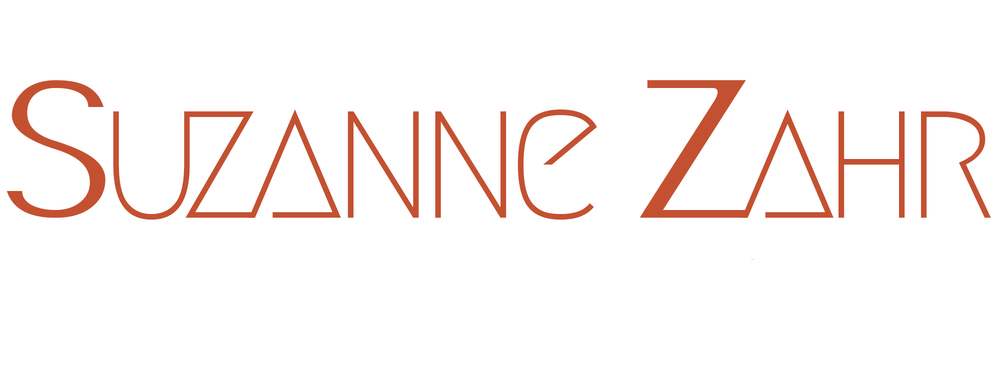The lyrics Zeyne’s of Asli Ana are a powerful exploration of decolonial themes. They challenge the Western concept of "civilization," exposing how it has historically been weaponized to oppress, displace, and erase. Zeyne confronts the long-standing colonial narrative, highlighting how it justified the theft of our lands, the erasure of our culture, and the distortion of our history.
The song doesn’t stop at critique; it pushes us to question our internalized colonial norms, even in subtle aspects like dress and self-presentation. The line, “Record, I am an Arab, and I know my origin” moved me to tears. It is a poignant reminder of the resilience required to preserve our identity after decades of diaspora and displacement.
Through poetic verses, Zeyne masterfully encapsulates the struggle to maintain our heritage while navigating a world that constantly demands assimilation.
In 1977, the General Assembly called for the annual observance of 29 November as the International Day of Solidarity with the Palestinian People (resolution 32/40 B). On that day, in 1947, the Assembly adopted the resolution on the partition of Palestine (resolution 181 (II))
In resolution 60/37 of 1 December 2005, the Assembly requested the Committee on the Exercise of the Inalienable Rights of the Palestinian People and the Division for Palestinian Rights, as part of the observance of the International Day of Solidarity with the Palestinian People on 29 November, to continue to organize an annual exhibit on Palestinian rights or a cultural event in cooperation with the Permanent Observer Mission of Palestine to the UN.
The resolution on the observance of the International Day of Solidarity with the Palestinian People also encourages Member States to continue to give the widest support and publicity to the observance of the Day of Solidarity.


